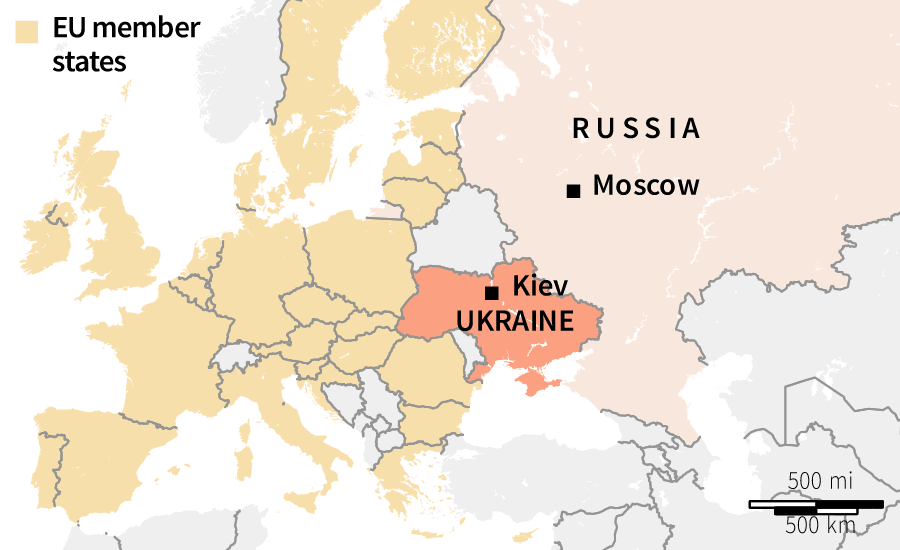International Sanctions:
Nearly all of the international community has denounced the invasion and resultantly imposed unprecedented sanctions. Although these sanctions vary in severity, the United States, the European Union, and allies have introduced or significantly expanded sanctions to include Vladimir Putin and other government members as well as cut off select Russian banks from SWIFT (an international payment platform). Other nations, such as Pakistan, India, and China, continue to trade with Russia, although to a more limited extent.
While Putin attempted to insulate Russia from such financial backlash by accumulating central bank foreign reserves, the United States and allies took the extraordinary step of freezing central bank assets, which has only been done for Venezuela, Syria, Iran, and North Korea—never a G20 country. The United States and other allies have also embargoed Russian oil, while the EU plans to diversify its natural gas imports by constructing new pipelines with China.
Coupled with massive corporate boycotts and the exodus from Russia, Russia faces increasing global isolation and a new financial crisis, plunging the country into catastrophic currency depreciation and serious inflation.
Effectiveness of Sanctions:
Sanctions may be generally unpopular, but this does not necessarily mean they are ineffective. In fact, out of the variety of diplomatic tools, sanctions are the least risky but most effective option.
The five tools of diplomacy include Political Diplomacy, International Legal Tribunal (ICJ), Impose Sanctions, Threat of War, and War itself. The first two options are less effective, since aggressors may force confrontation and there is little way to enforce tribunal decisions besides threats, coercion, sanctions, or war. In contrast, the last two are very risky and can have severe casualties and collateral damage, as seen with Korea, Vietnam, Kosovo, the Balkans, Libya, Iraq, and Afghanistan, among others. These leave the international community with economic sanctions, which include imposing high tariffs, trade quotas, asset freezes, asset seizures, and trade embargoes. Sanctions are popular because, with increased globalization, countries are dependent upon foreign trade, so influencing trade is a vital diplomatic strategy. As such, sanctions are often better than the alternatives.
There are two types of sanctions: comprehensive sanctions, which encompass an entire nation (embargoes); and targeted sanctions, which are aimed at specific entries. Comprehensive sanctions are more severe and can inflict massive collateral damage on civilians. Subsequently, targeted sanctions are more popular, though less effective. In fact, comprehensive sanctions are 33% successful at deterring an aggressor or resolving a conflict, while targeted sanctions are 25% successful. The caveat, though, is that sanctions are effective only when pre-sanction trade is high and sanctions are unanticipated, have a well-defined goal, are imposed on democracies, and are implemented multi-laterally by the entire world (not just a few countries).
Global Consequences:
The primary impact of this war will be global inflation. As Russian exports, such as palladium, oil, natural gas, and fertilizer, are barred and Ukrainian exports, such as neon gas, 17% of global grain, and 12% of global wheat, are disrupted, the prices of commodities worldwide will skyrocket. With sanctions, many countries face the pressure of rising oil costs, with prices jumping more than 30%.
Europe faces a particular economic and political pressure. Pricewise, EU oil has risen more than ten times. As for the political impact, because Europe is so reliant on Russian imports, Russia can threaten to shut off EU oil in order to coerce policies. However, since there are no gas pipelines built, Russia is technically unable to sell oil to other nations. So, the two remain locked in a stalemate.
Images (links):
Sources:



